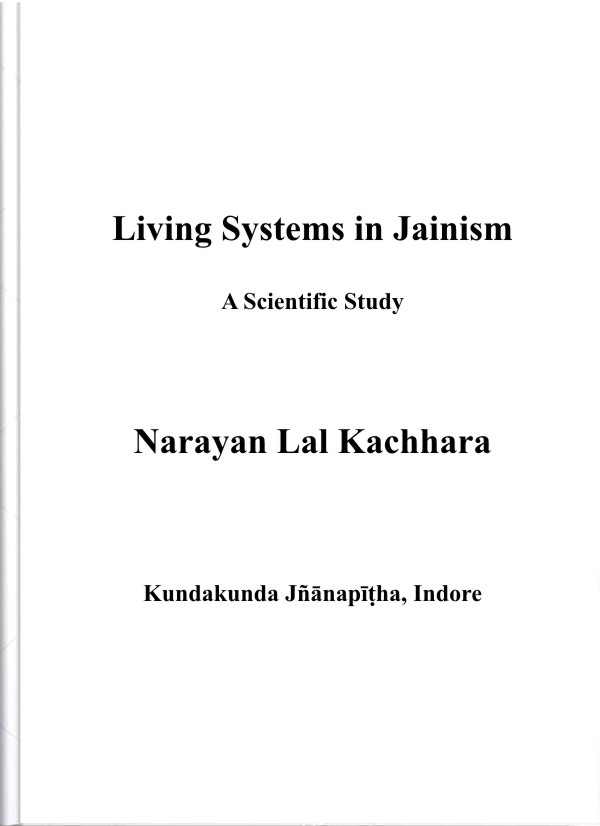The principal theories proposed for emotions are:
1. Somatic Theories
Somatic theories of emotions claim that bodily responses, rather than judgments, are essential to emotions. In James-Lange's theory, emotions are feelings caused by changes in physiological conditions relating to the autonomous and motor functions[1]. "We feel sorry because we cry, angry because we strike, afraid because we tremble, and (it is) not that we cry, strike, or tremble, because we are sorry, angry, or fearful, as the case may be." "By assimilating emotions into the category of sensations, these theories fail to take account of the fact that emotions are typically directed at intentional objects." These theories are less favoured now.
2. Cognitive Theories
Cognitive theories argue that cognitive activity - in the form of judgment, evaluation, or thought -is necessary for an emotion to occur. "This cognitive activity may be conscious or unconscious and may or may not take the form of conceptual processing. Emotion is a disturbance that occurs in the following order [6, 1]:
- Cognitive appraisal: the individual assesses the event cognitively, which cues the emotion.
- Physiological changes: the cognitive reaction starts biological changes such as increased heart rate or pituitary adrenal response.
- Action: the individual feels the emotion and chooses how to react."
"A neurobiological approach distinguishes two classes of emotions:
- Classical emotions including love, anger and fear, are evoked by the appraisal of scenarios as fed by environmental stimuli via distance receptors in the eye, nose and ears.
- Homeostatic or primordial emotions are feelings such as pain, hunger, thirst, and fatigue, evoked by internal body states and communicated to the central nervous system by interceptors, which motivate behavior aimed at maintaining the body's internal milieu at its ideal state."
"Two observations demonstrate some of the motivation for the cognitive position: different individuals will respond to the same event with different emotions; and the same individual may at different times respond differently to the same stimulus."
3. Non-Cognitive Theories
"Non-cognitive theories are those that defend the claim that judgments or appraisals are not part of the emotion process[2]. The non-cognitive position holds that an emotional response directly follows the perception of a relevant stimulus. Thus, the early part of the emotion process is thought to be reflex-like, rather than involving any sort of evaluation or judgment about the stimulus." There are two different non-cognitive approaches. The first claims that only some emotions are non-cognitive; the second considers all emotions to be non-cognitive.
 Dr. N.L. Kachhara
Dr. N.L. Kachhara
